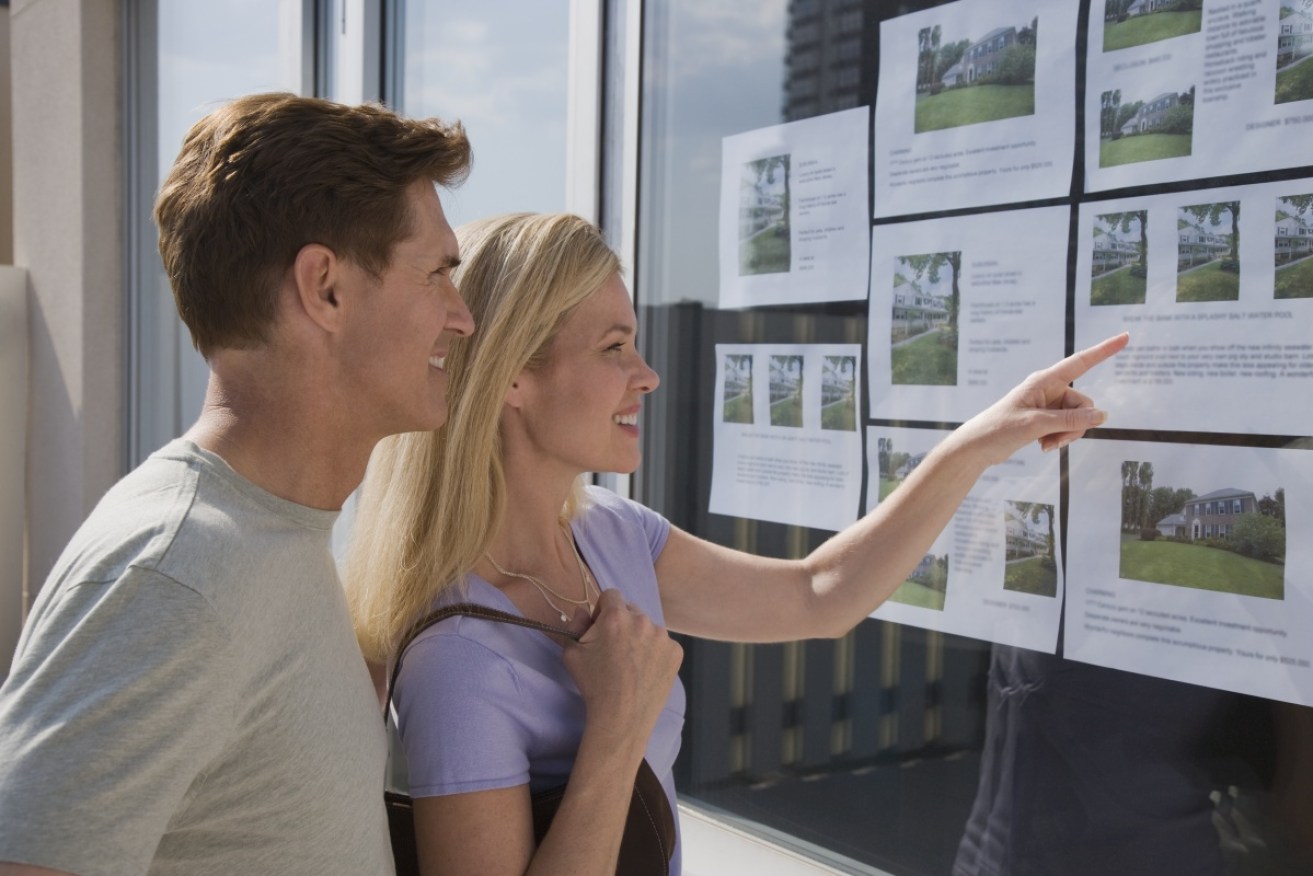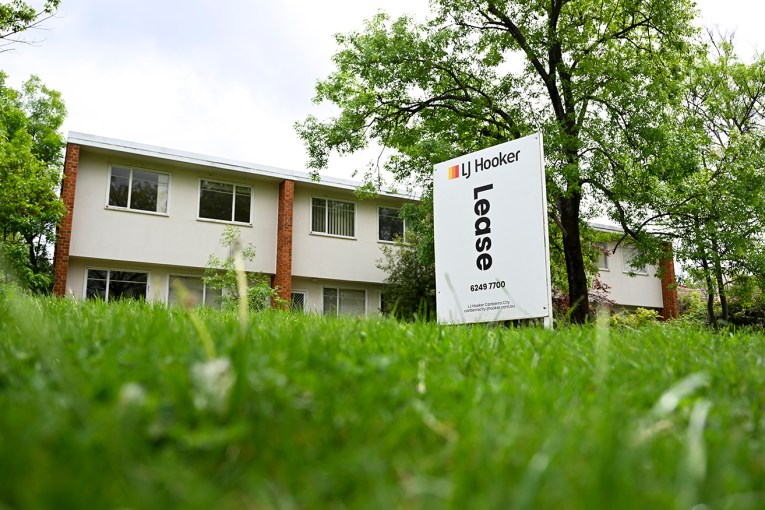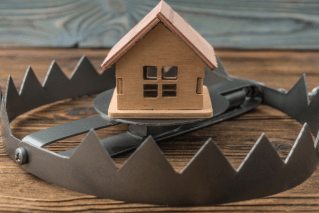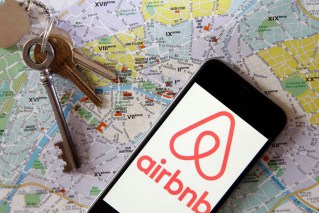Thinking of a second house by the sea? You’re dreamin’


Experts advise thinking carefully before following your dream of owning a holiday house. Photo: Getty
It’s a familiar sight at seaside locations every holiday season – couples slurping on ice creams as they stare at real estate agency windows perusing the pictures of holiday homes for sale.
They’re dreaming about weekends away, post-Christmas lunch cricket games on the beach and a blissful place to retire.
But stop right there! It’s best left as a dream.
Although many investors looking for a second property momentarily think that a holiday house will combine the best of both worlds – holiday accommodation when you want it and rental income when you don’t – upon reflection, they usually come to their senses.
They discover that it’s rare for a holiday house investment to return the same rental income or increase in value as a residential city investment.
If you see a weekender that you simply must have – and can afford it without worrying about returns – then go right ahead, says Richard Wakelin, the director of Wakelin Property Advisory in Melbourne.
“It’s a decision made with the heart,” he says.
But if you are borrowing money to buy the house or counting on getting consistent rental returns, then you need to think with your head.
The laws of demand and supply tell us that there are more buyers for houses in the city than in holiday spots, which is one of the reasons that you’ll often see the same vacation houses for sale month after month.
“And in an economic downturn, holiday houses are one of the first assets to be sold,” Mr Wakelin says.
Even in good times he advises clients that rental returns from a beach house investment are unreliable. Christmas and Easter holidays might be the only solid season to rent the house out, which ruins your own dreams of holidaying there.
In addition, the management costs of letting out a holiday house can be 20 per cent of the rental income, and the costs of cleaning and upkeep also need to be considered.
“Holiday houses have more wear and tear because of the short-term rentals and the returns can’t compete with what you’d get from a traditional year-round lease,” Mr Wakelin says.
But what about Airbnb? Doesn’t it make it easier for holiday home owners to avoid those steep costs of local real estate agency management?
Mr Wakelin doesn’t buy that argument, either.
“There is still a lot of investment in time in supervising and keeping the property up to the standard that guests will expect.”
And don’t think this will be perfect for your retirement either. Wakelin
says investors who see a holiday house purchase as a retirement plan for 10 or 20 years in the future are saddling themselves with potential problems.
“What you think you might need in 10 to 15 years might be entirely different to what you actually want and need by the time you get there.”
His advice is that if you are going to invest $700,000 to $1 million in a second property, then it should be in a city where the supply of good property is always in demand.
But if your heart wins over your head and you think you’ve found the perfect weekender investment and holiday property, then Wakelin advises keeping two factors in mind: ensure it’s no more than a one-hour drive from your city house, and try and get a property with a view or elevation.
Otherwise your head will still be in the clouds.








